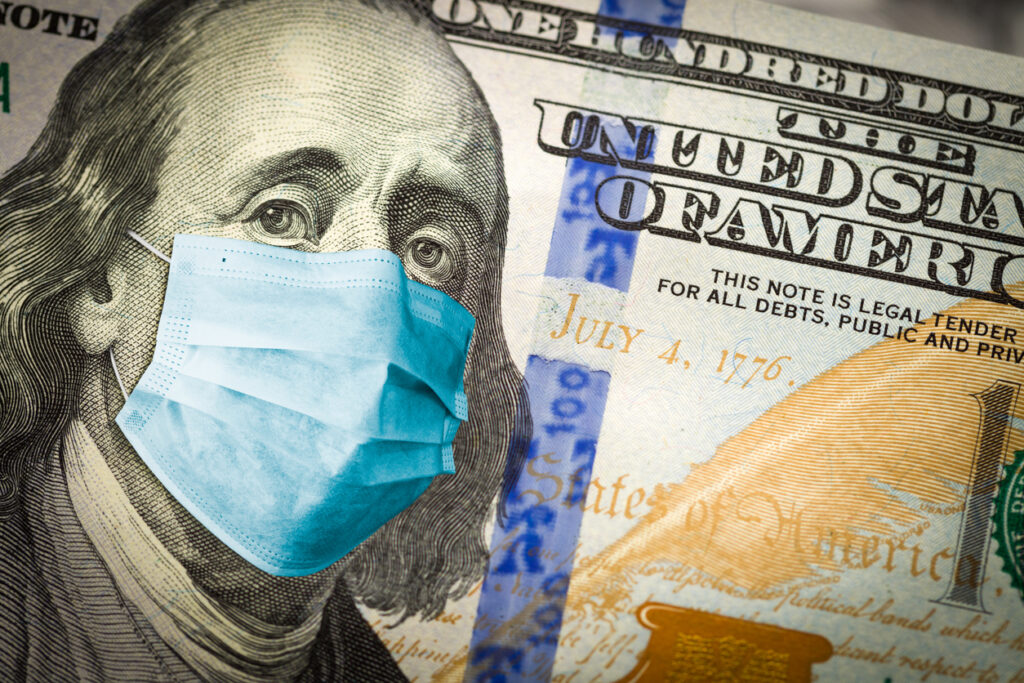
How will Coronavirus stimulus benefit students?
COVID-19 has impacted all sectors and industries, and education is no exception. On March 27, 2020, CARES, or Coronavirus Aid, Relief, and Economic Security Act, provided federal stimulus aid to the Department of Education to supplement institutions and students with COVID-19 pandemic related expenses and financial needs related to the coronavirus pandemic.
CARES Act included $31 billion emergency aid to sustain students, schools, institutions, and states across the country related to education. Also, a $1 billion package was directed to under-resourced Tribal colleges, Minority institutions, and similar institutions. There were separate aid packages passed to assist AmeriCorp volunteers and HeadStart programs.
Without this stimulus package, many public and private educational institutions would have had permanent setbacks. Folks who had saved for decades may have never realized a dream of completing a college education for the next generation.
The reporting criteria on the CARES aid are different. It looks to track those who received the funding on the IRS 1098-T form. In a swift action to ensure that millions of students could continue their higher education, Congress jumped into action. CARES aid is intended to be used as an emergency financial aid grant for qualifying educational expenses impacted during the corona pandemic. These include items like food, room and boarding, instructional materials, technology including IT devices, childcare or health care; therefore, CARES aid is not included in your gross income calculation.
How do you know if you qualify for CARES Act assistance?
There are multiple potential qualifiers, and by no means is this a comprehensive list. If you are interested, contact your educational institution if you meet the below criteria:
1. Enrolled in a degree or certificate program in the Spring 2020 semester, submitted a 2019-2020 FAFSA, and eligible for Title IV aid.
2. Have a high school diploma or equivalency, and currently be in good academic standing.
3. Not owe a refund on grants or be in default on a student loan.
4. U.S. students must have a valid Social Security Number, and males older than 18 must verify Selective Service registration.
5. Students can not have any state or federal drug possession or sale convictions.
1098-T Reporting: Will the stimulus be counted as taxable income?
Student aid comes in many forms to ensure that this and other aid such as the American Opportunity Credit, Pell grants, and Lifetime Learning grants are appropriately documented. The CARES grant must be included on the IRS form 1098-T. Documenting this does not mean it will be considered as a taxable grant or scholarship. Like other tax credits, these payments do not count as income.
For more details on the CARES Act, read IRS Sections 3504, 18004, and 18008 of the Coronavirus Aid, Relief, and Economic Security Act. It provides details and FAQs for both institutions and recipients.
The Education Department does not expect institutions to report statistics or data of 10 or fewer students in a particular inquiry. Institutions and students can locate the appropriate forms online.
The CARES Act grant covers more than you may expect, but it is reserved for pandemic impacted activities. Some of the considerations are the suspension of interest accrual on student loans and non-pursuit of garnishment on delinquent student loans through September. The CARES Act provides financial assistance with COVID interruption due to campus closings and childcare for students. It also provides for alternatives such as distance learning, just to name a few.
